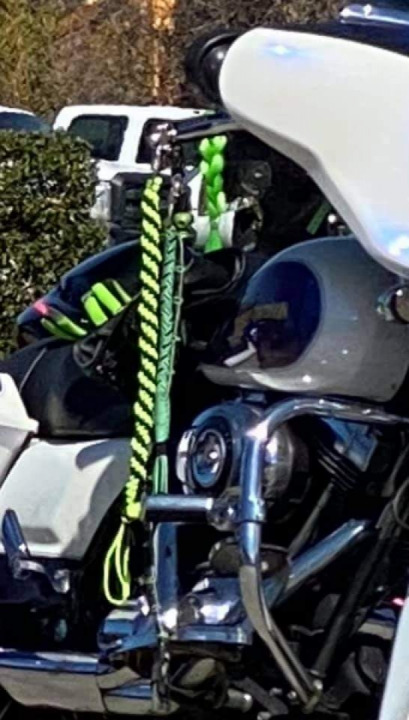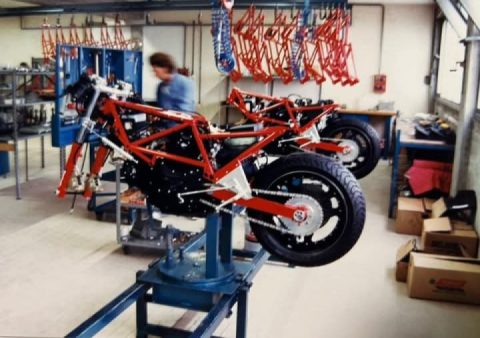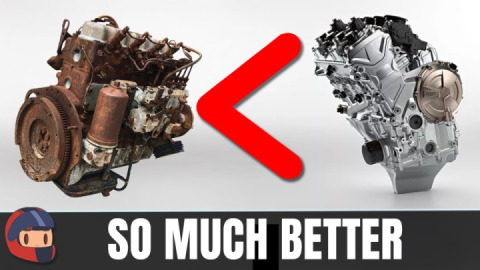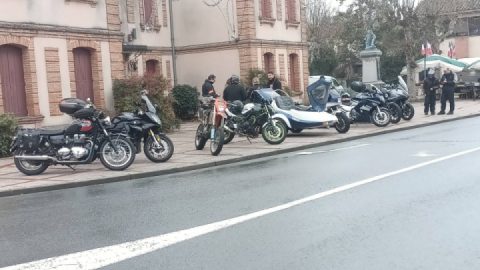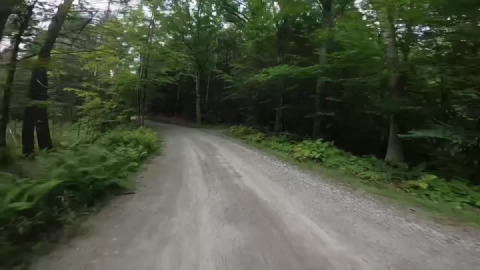As the UK follows its former European Union counterparts in preparing for a ban on new internal combustion vehicle sales, the Motorcycle Action Group (MAG) continues to push back.
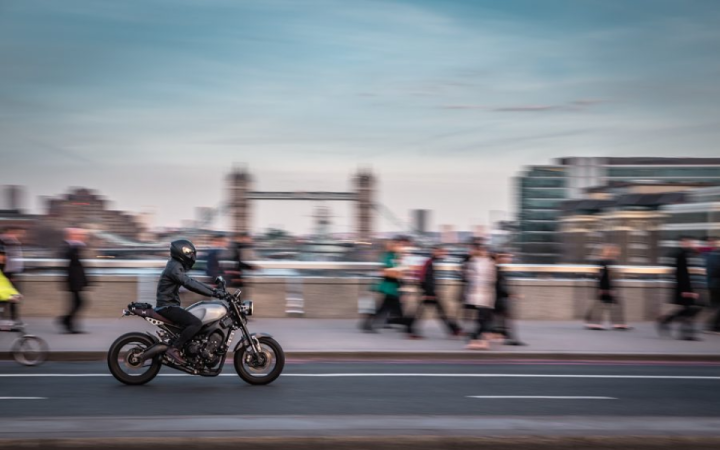
The UK’s ban on new gasoline-powered motorcycle sales comes into force in 2035. At that point, used vehicles with internal combustion engines may be bought and sold (at least that is the plan for now), but no more may be sold as new in showrooms. Lest you think that 2035 date is madness, keep in mind that regulators actually wanted to end internal combustion-powered motorcycle sales in 2030, and tried to convince the public that was a good idea.
The impending crackdown on ICE motorcycles has much of bike-mad Britain’s riding community extremely unhappy, as they do not believe there are appropriate electric alternatives on the market yet, not to mention the market disruption that will come with such a ban. Foremost in the fight against decarbonization has been the Motorcycle Action Group, which has been lobbying the government to dial back its plans. Last week, MAG met with the Minister of State for Decarbonisation and Technology to point out that EU members are now squawking about the impending petrol ban (particularly Italy and Germany), and that British leaders should take this as a cue to carve out their own path, making an easier transition to a petrol vehicle ban.
MAG has instead presented its own plan on multiple interactions with government this winter, saying internal combustion-powered motorcycles have been left out of transportation planning. Instead, MAG says leaders should consider the possibility of two-wheeled vehicles having a major role in improving the transportation system:
The policy approach focuses on restricting the use of cars in favour of walking, cycling and public transport. Motorcycles do not receive any separate consideration. This is demonstrated in depictions of the sustainable travel hierarchy which routinely fail to recognise the existence of motorcycles.
MAG argues that there is no nuance in policy terms to allow for disaggregating the unique flexibility and convenience that motorcycles offer. Motorcycles represent a way to reduce the impacts of cars whilst retaining the benefits of motorised transport.
Of course, this applies to more than just decarbonization. The UK is also seeing municipalities move towards the so-called “15-minute-city” plan, which greatly restricts the amount of private vehicle travel allowed inside city limits. At this point, & motorcycles seem to have been spared in these plans, but that may not be the case in the future. MAG wants to ensure that bikes are seen as an alternative to current traffic jams and pollution problems, not one more target in the government crackdown.
 Armon "Nuc-Kle" Brown 28 Mar 2023WOW!!!!, I would rather hv ICE nstead of EV. I like the smell of gas burnin ?,?1Reply
Armon "Nuc-Kle" Brown 28 Mar 2023WOW!!!!, I would rather hv ICE nstead of EV. I like the smell of gas burnin ?,?1Reply













